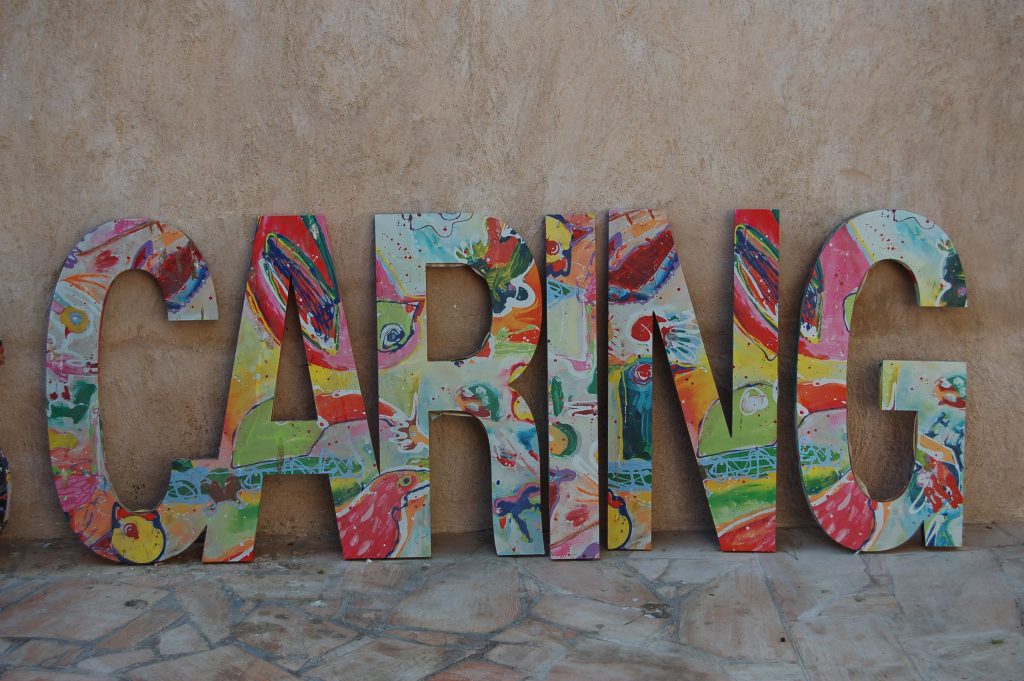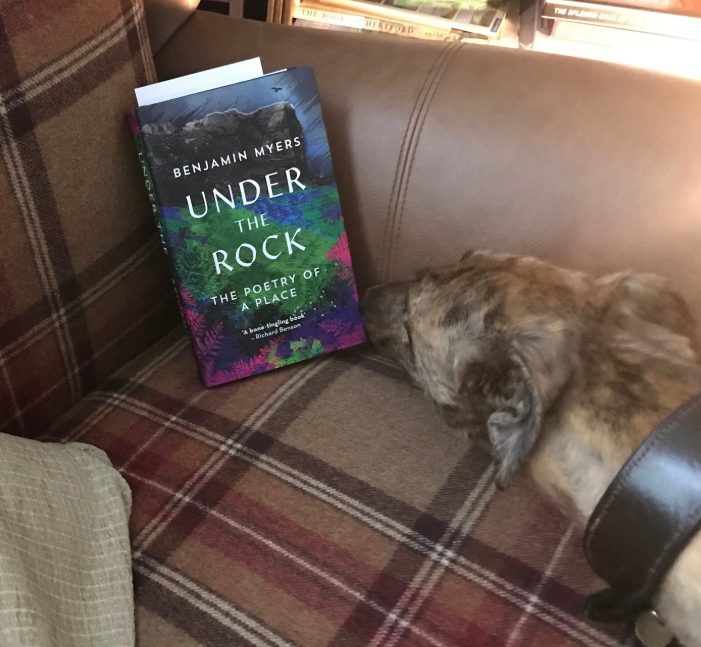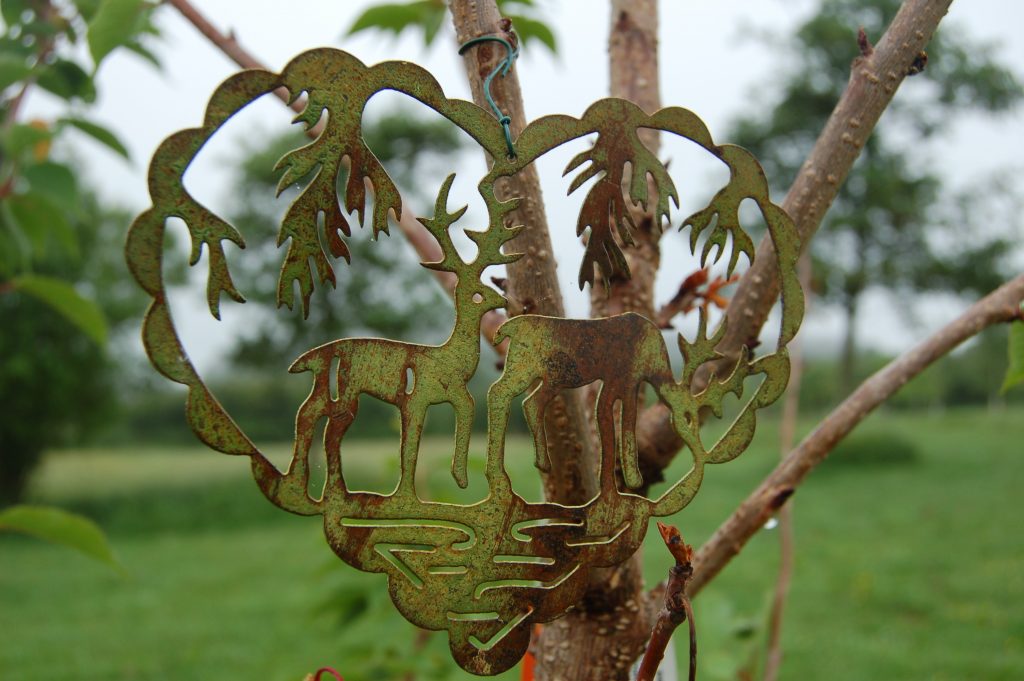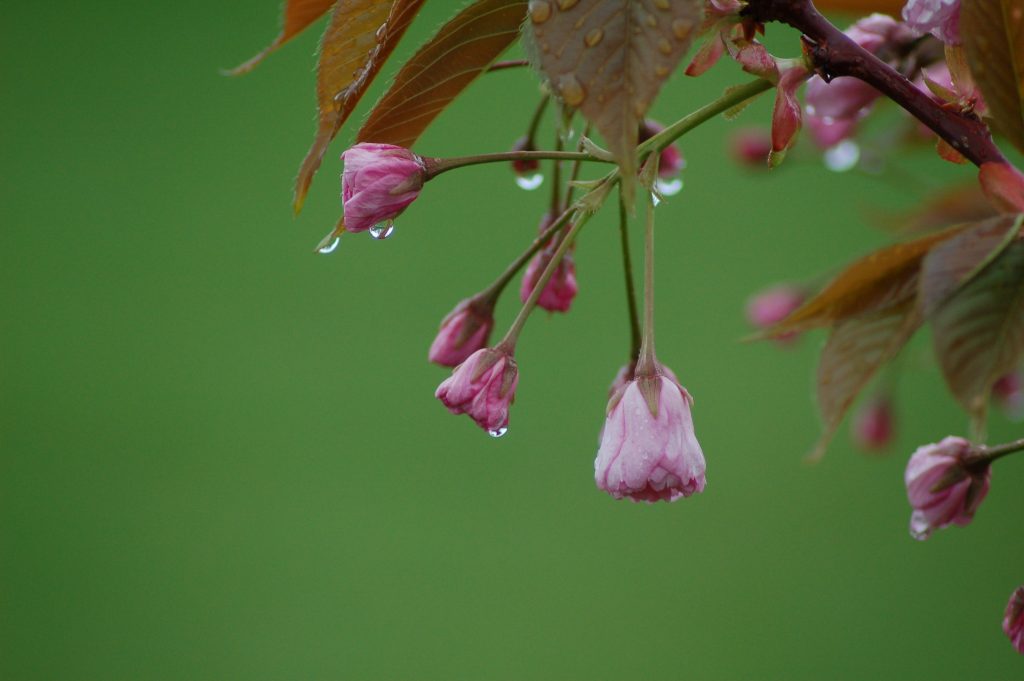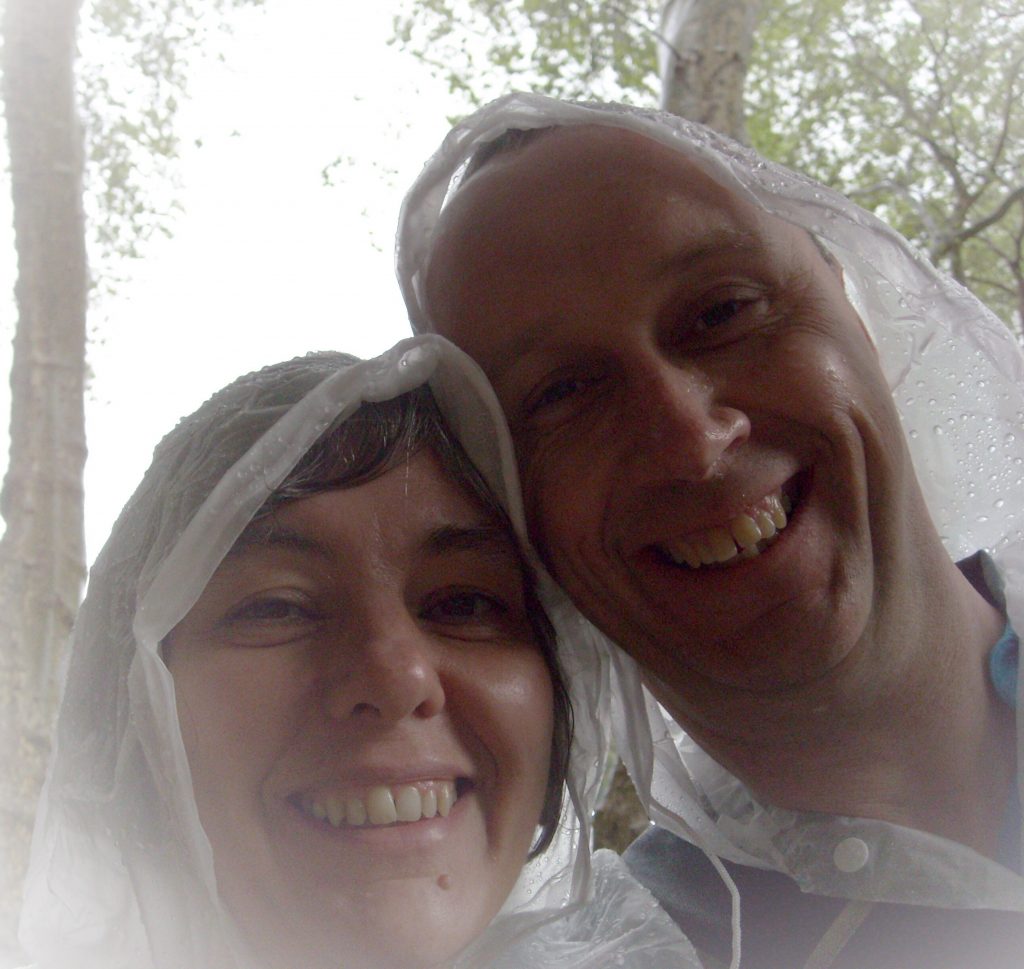The place of emotions in church
Did you ever hear somebody voice this little truism? ‘If we want to get OUTsiders IN to the church, we must turn the church INside out’. The sentiment is laudable, and calls for an end to a preoccupation with the machinery of church and its replacement with an intentional focus on the world beyond the church. On a Gospel basis, there is very little with which one could disagree there.
However, there remains an awkward entail to this. If we do turn the church inside out and we do get the outsiders in, what do we do with them when they get there? A friend of mine used to talk about our expectation that new Christians will be like chameleons – taking on the colour and hue of those who were in the church before them. They may well do just that – but if those colours are drab, will we succeed only in growing the drabness?
To return to the Inside Out theme for a moment – church is an environment where we would prefer not to show what is going on inside, thank you very much. In a church whose holy book includes furious prophets, angry leaders, passionate kings and a weeping Messiah – we would rather check our emotions at the door. Whilst I abhor those forms of Christianity which have traded on emotional manipulation to elicit conversion or donation – I find the cult of blandness to be unbecoming in a people whose God painted the rainbow.
In what may be Pixar’s most unusual film to date, Inside Out depicts the life of the emotions inside the head of a little girl: Riley. Inside her head are: joy, anger, fear, disgust and sadness. Interestingly, each is depicted in a different colour. Joy is yellow, anger is red, fear is purple, disgust is green, and sadness (not surprisingly) is blue. The inside of Riley is a colourful place.
What if we let those characters and their colours out to play in church?
Anger
Anger is the short, squat, straight-talking and fiery member of the emotions team inside Riley’s head. In church we like to leave him to the Gospels where we point him out gingerly in the temple. ‘There’ we say ‘we have room for righteous anger – right there in the Gospel’. I’m not sure he’s welcome in church, though. In all my years of ministry across various churches, I am not sure I have ever seen righteous anger. I have seen self-righteous anger, holding hands with his cousin, indignation. They sit at the back with their arms folded and mutter to each other under their breath. I would like to propose that we invite anger along to the church prayer meeting. I propose that we should encourage him to speak up whenever we pray for the lost. I hope he will give it all he’s got when we pray for those who corrupt power or who confuse wealth with importance. I hope he will pray loudly, and that the rest of us will learn to crank up the volume of our “amen” so as to keep pace with him.
Fear
Fear in Inside Out is thin, wispy and fragile. He is mainly purple, but wears a check shirt and an old tie. Fear comes to church, but he rarely gets beyond the front door. He’ll talk to people on the step, or in the car park, but once inside he finds the loud voice of faith just a little too grating and prefers to wait until the worship is over. In truth, he’s been scarred by people calling him by the wrong name once too often. How can people mistake fear for doubt, he wonders? They don’t even sound the same! I would like to encourage fear to join the worship team. I would love to hear his reedy voice singing. I would love to hear him tell us why we are going to sing this song ‘anyway’. I would love to hear him sing a duet with joy, one day.
Joy
Joy wears bright yellow and radiates light, a bit like a sunflower. I have sat next to her in church on more than one occasion. Sometimes I have had to blink because her brightness hurts the shadows in my eyes. She loves to be up the front and sometimes she hides amongst the children whilst they are singing. Once in a while, though, I would love to drag her away from the limelight. Could we persuade joy to pour the cups of coffee or stack the chairs, I wonder? Let’s sit her down with the church treasurer once in a while and see what happens.
Disgust
Disgust wears clothes which are a little too green, like peas on e-numbers. You won’t see that colour in church, though, because she tends to cover up so that she can blend in. Outside, it’s a different story. When reading the paper or discussing the sermon her colours are fully on display. She is a prolific letter-writer, although rarely signs her name. I would love disgust to join the outreach team. I would love all that passion to come tumbling out whenever we realise that there are people perishing within a stone’s throw of the church. She would like John’s description of Jesus in John 11 v.33 where he ‘snorts’ in his spirit (a word used of a horse rearing up in alarm) when he sees what loss does to people as Mary mourns her brother.
Sadness
Sadness is blue, with big owlish glasses which only seem to magnify her sorrow. Sadness comes to church, but tends to sit at the back. She can’t help herself creeping in, but she is unsure about whether she is welcome, so she stays near the exit. I would love sadness to sit down with the church leaders when they discuss what’s going on in the church’s life. I would love her to have a seat at that table when they talk about the sticks in the spokes of the Gospel’s progress or their own walk with their saviour. Hers would be a gentle and welcome voice, I think.
Years ago, I visited a church in India planted the previous century by British missionaries. Outside all was noise and colour – a bewildering sensory assault of sound, sight, taste and smell. Inside, the suits were grey and the harmonium played grey music for the grey people to sing. It seemed like such a waste.
Would you let the colours out to play in your church?
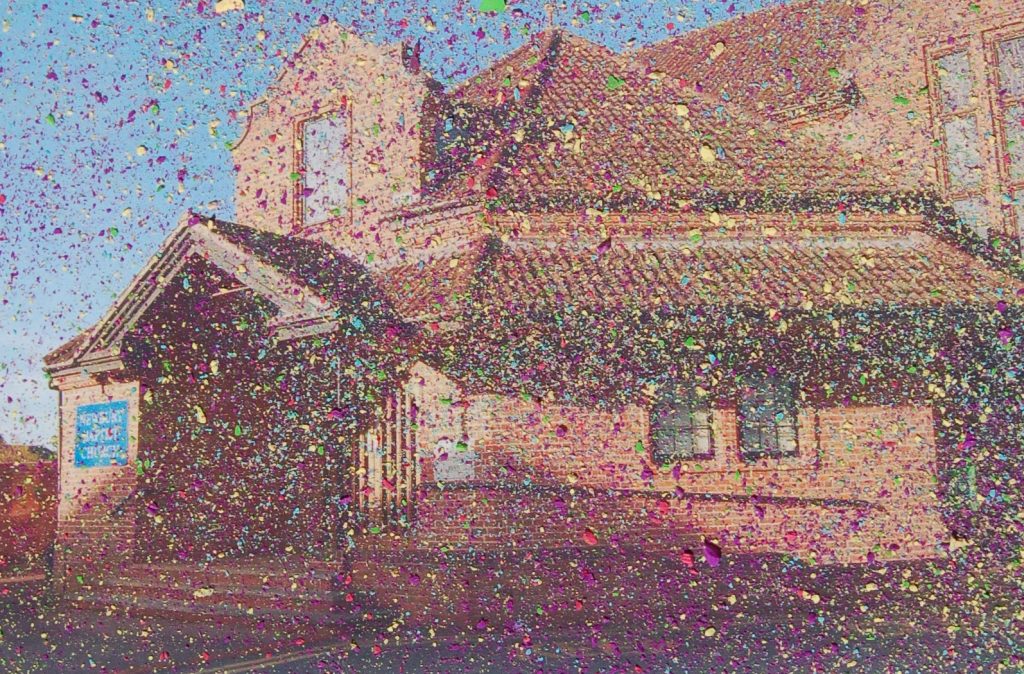
Click for the ‘colourful church’ in full size



